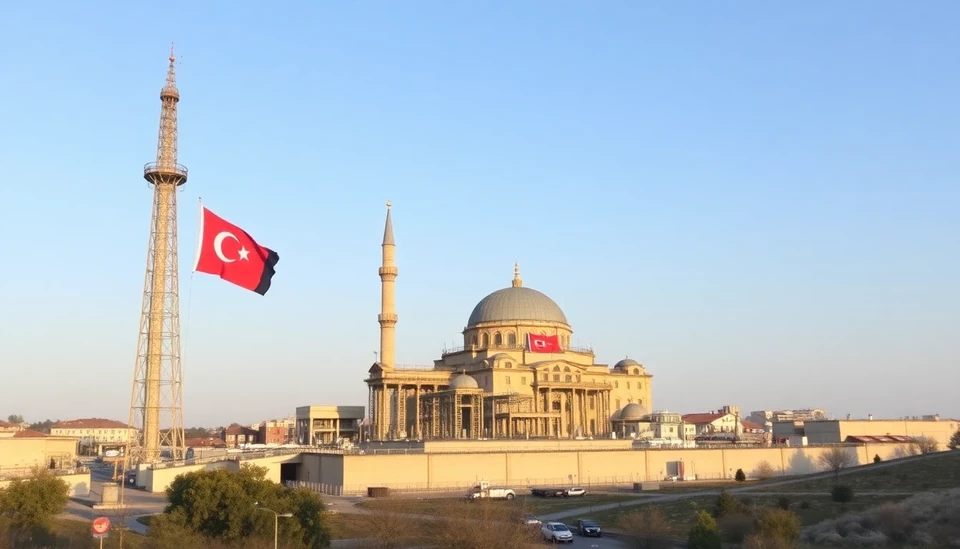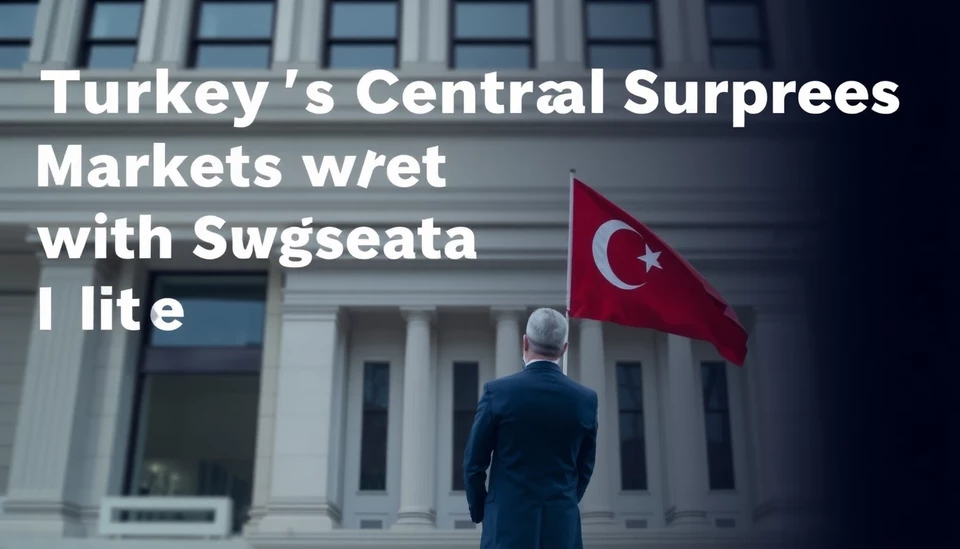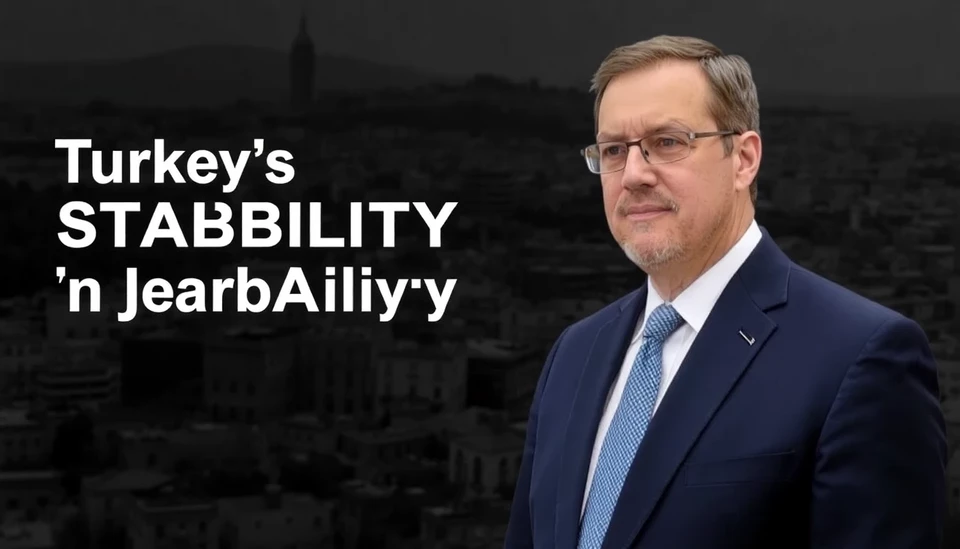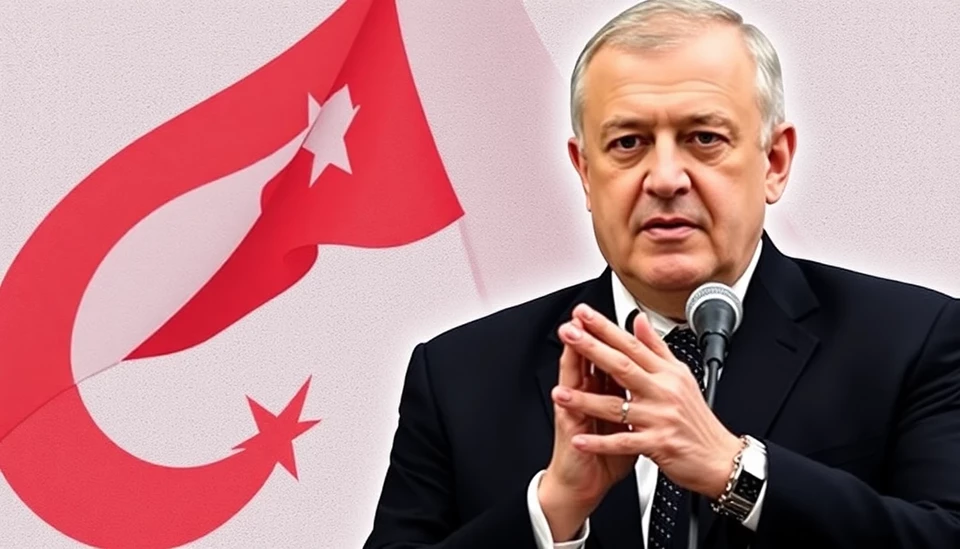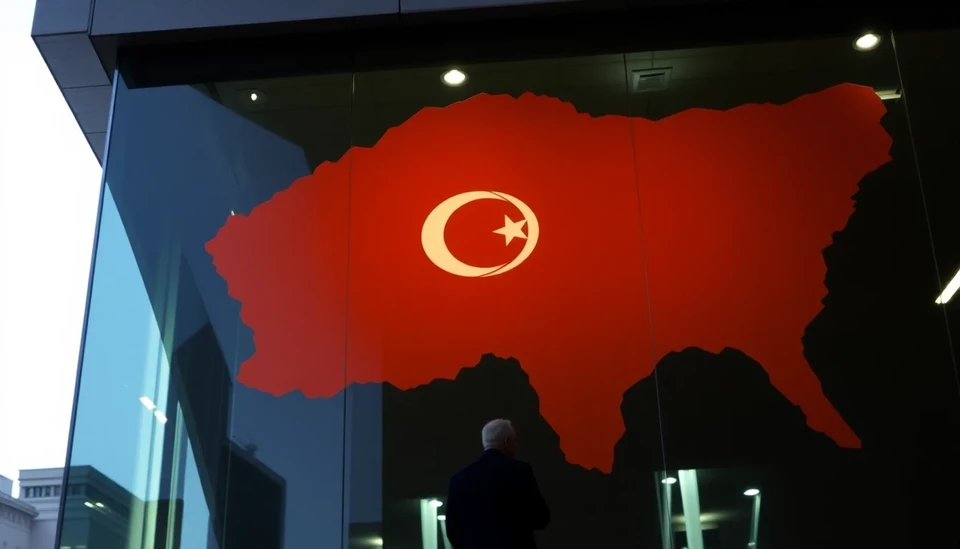
In a significant monetary policy decision, the Central Bank of the Republic of Turkey has opted to hold its key interest rate at 30%. This decision comes against a backdrop of waning inflation rates, prompting speculation regarding potential cuts in the near future. The move has sparked discussions about the bank's strategy and the economic landscape of Turkey as it navigates through continued financial challenges.
Central Bank Governor Hafize Gaye Erkan stated that various economic indicators suggest a moderation in inflation pressures, allowing for a cautious approach. Analysts had widely anticipated the bank’s steady hand on rates, as inflation appears to be receding from its peak levels experienced earlier in the year, giving room for a possible shift in policy if the trend continues.
Currently, inflation in Turkey has shown signs of easing, dropping from a staggering 85% in late 2022 to approximately 61% as of October 2023. This decline has provided policymakers with some breathing space, enabling them to reassess their rigid stance on interest rates that have characterized the economic environment for the past year. The bank aims to foster a more stable economic climate while maintaining a vigilant watch over price stability.
Furthermore, interest rate decisions are influenced by the evolving economic climate, including external pressures and domestic growth rates. For context, Turkey's economy has seen a robust expansion, prompting questions about the sustainability of such growth in the face of structural issues and geopolitical uncertainties. The bank’s decision to keep rates steady signals its commitment to a balanced monetary stance while remaining open to future adjustments based on economic data.
Market observers now closely monitor the Central Bank’s next moves, especially in light of Turkey's upcoming elections in early 2024. Traditionally, political cycles influence monetary policy decisions, and observers are keenly aware of the tension between maintaining economic stability and catering to political pressures. Investors are particularly attuned to any hints regarding a shift towards looser monetary policies, which could potentially impact the lira and influence inflows of foreign investment.
The Central Bank has also indicated a willingness to continue its efforts to enhance the effectiveness of its monetary policy framework, highlighting its focus on ensuring that inflation continues on a downward trajectory. This commitment is critical as Turkey strives to restore confidence among both domestic and international investors, following a prolonged period of economic volatility.
As such, the coming months will prove pivotal for Turkey's economic policy direction, with many forecasting a gradual easing of interest rates should the declining inflation trend persist. The overarching goal remains clear: to navigate the fine line of stimulating growth while anchoring inflation expectations effectively.
In summary, the Central Bank of Turkey’s decision to maintain the current interest rate reflects careful consideration of the developing economic climate. With the potential for future rate cuts, much hinges on the trajectory of inflation and broader economic indicators in the lead-up to a crucial electoral period.
#Turkey #CentralBank #InterestRates #Inflation #EconomicPolicy #MonetaryPolicy #Finance #Economy
Author: Daniel Foster
